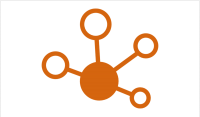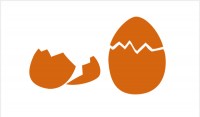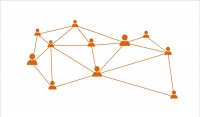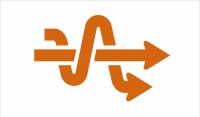Foundations of Economic Theory
Complexity economics is an alternative economic paradigm and modeling framework. In order to understand how it relates to standard economics theory, it is important to first understand a little about economic theories, science, and paradigms in general. This helps to essentially define the problem space that different economic theories have to try and solve. Because theories and paradigms may be different but they are all using the basic building blocks of science and logic to try and describe economic phenomena.
Firstly we talk about the nature of abstraction and paradigms, discussing how theories are a conceptual form of abstraction. Recognizing that there is no formal definition of economics, we will lay down a working definition based on the conception of economics as the study of individual choice in the allocation of resources towards some valued end, and how these micro-level actions interact giving rise to macro level patterns of economic organization.
From this definition, we go on to outline some of the major considerations involved in the study of economics, including trying to understand the logic behind the decision making of agents, theories of economic value and the idea of intrinsic and extrinsic value. We briefly touch upon different types of interactions between agents in terms of cooperation and competition. We discuss economic institutions with a quick look at their different structures. Lastly, we will talk about economic dynamics, the area of economics that tries to model and understand the behavior of economies over time.










